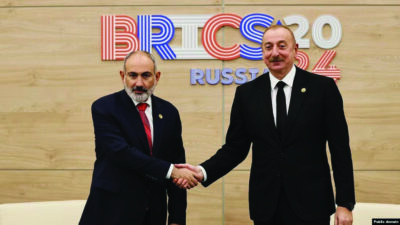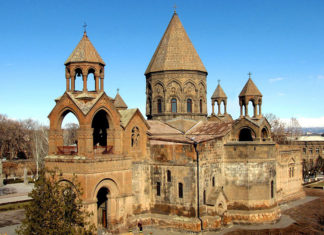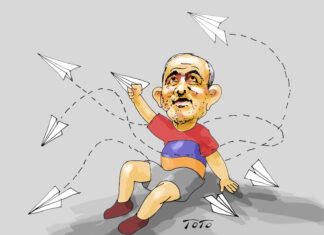 As the siege of east Aleppo enters its fourth month, how are medical staff coping?
As the siege of east Aleppo enters its fourth month, how are medical staff coping?
Doctors in east Aleppo are working in extraordinarily difficult circumstances, and there are shortages of health staff, fuel, drugs and medical supplies.
As they treat the wounded, their own hospitals are being hit by airstrikes. Each of the eight hospitals that were functioning before the siege have been hit, many of them multiple times, with 27 strikes on hospitals in four months. But in almost every case, the damaged building has been cleared of debris, patched up and reopened within a matter of days.
The challenges of working under siege are enormous, but even under heavy bombardment, east Aleppo’s health staff have found ways to keep hospitals open and provide patients with medical care.
Too few doctors
There are no more than 32 doctors in east Aleppo for an estimated population of 250,000. In response, doctors often work shifts at multiple hospitals and health centres, so that their specialist skills – whether in paediatrics, obstetrics or surgery – are available to as many patients as possible.








